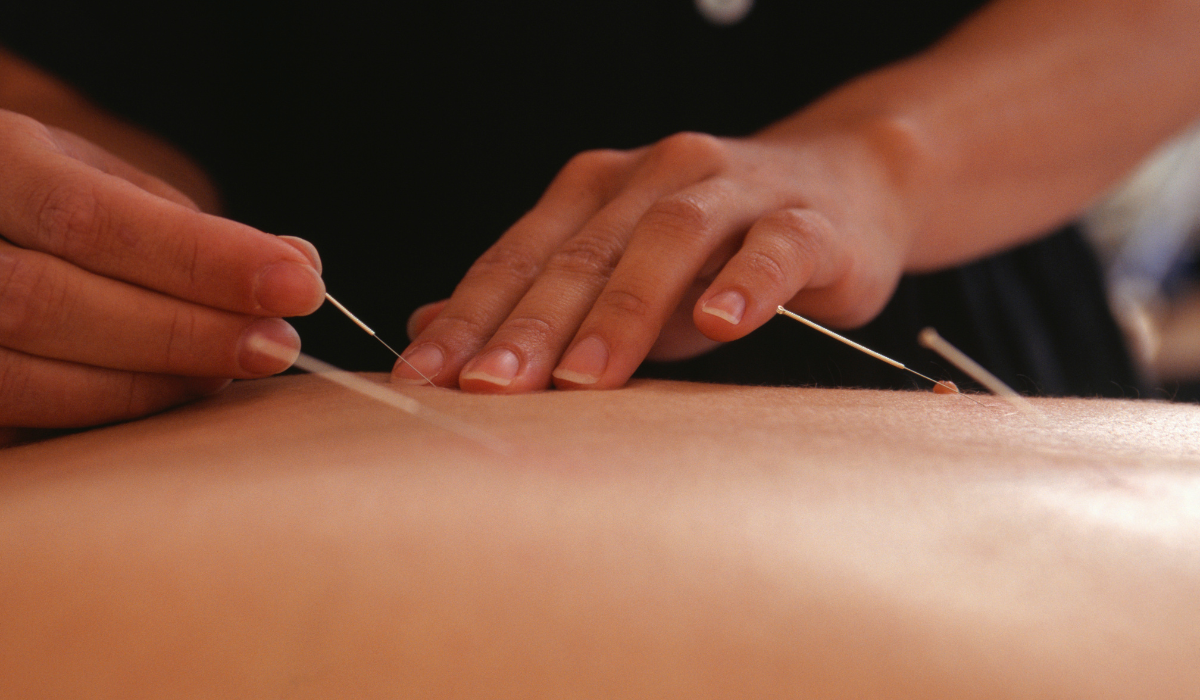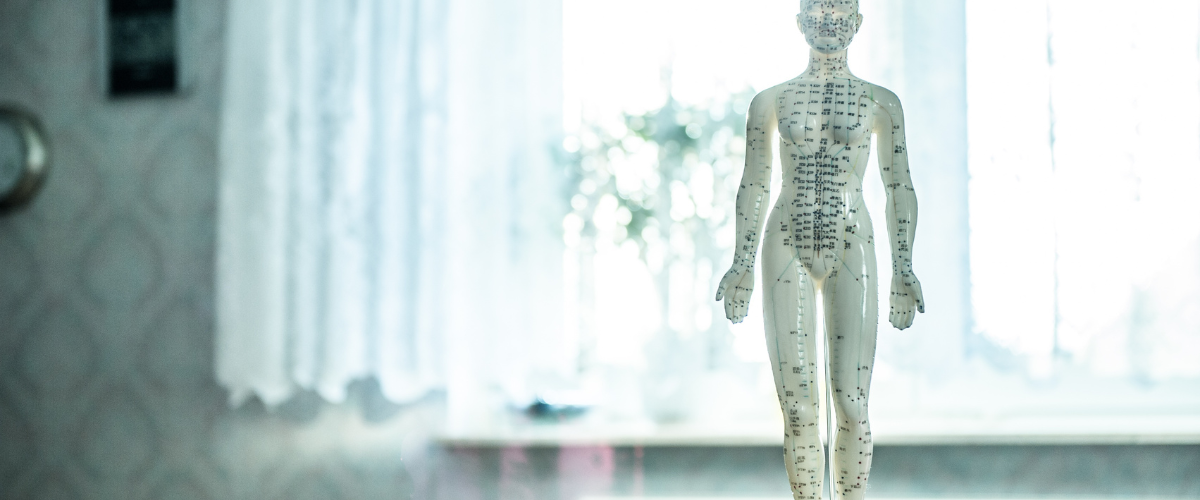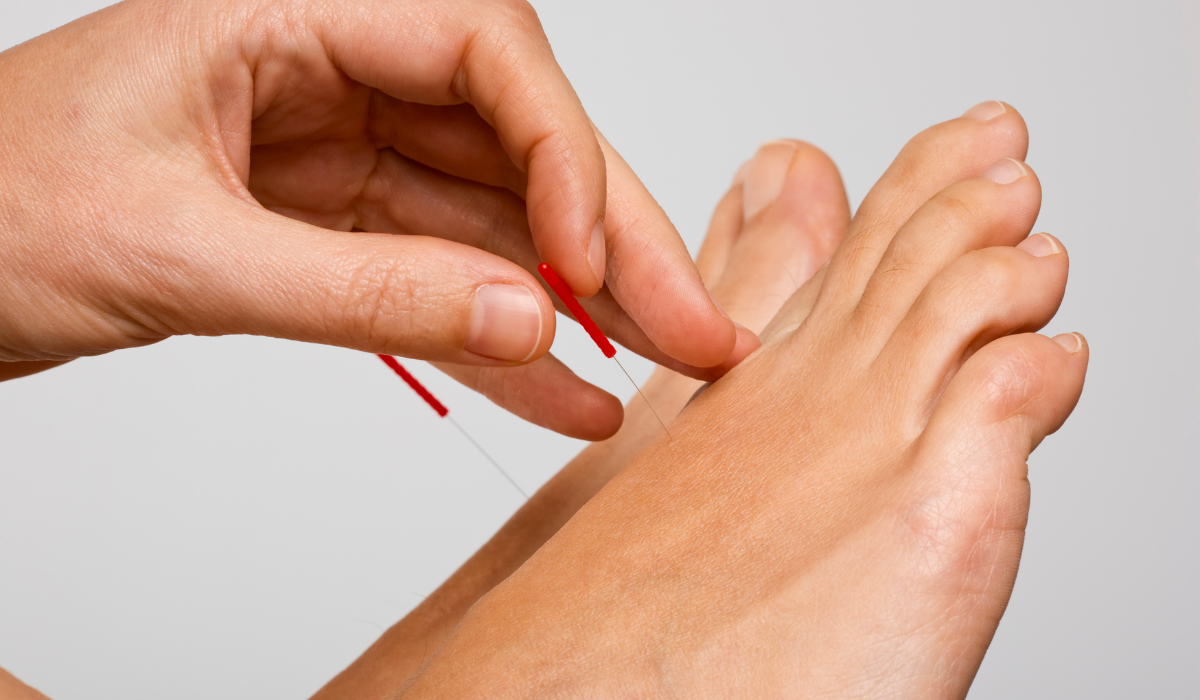Acupuncture, a traditional Chinese medicine practice, has gained popularity in supporting various medical treatments and procedures, including insemination. As couples struggling with infertility seek alternative ways to enhance their chances of conception, acupuncture has emerged as a potential holistic approach. By targeting specific points along the body’s meridians, acupuncture aims to balance energy flow, improve blood circulation, and reduce stress levels. In this way, it can potentially increase the success rates of insemination by improving reproductive health, regulating hormone levels, and promoting overall well-being. This introductory paragraph will delve deeper into how acupuncture can help individuals undergoing insemination and shed light on its potential benefits.

What is the success rate of insemination?
The success rate of insemination can vary depending on various factors such as the age and fertility of the individuals involved, the quality of the sperm sample, and any underlying reproductive health issues. On average, the success rate of insemination ranges from 10% to 20% per cycle in couples with normal fertility. However, for couples with certain fertility concerns or using donor sperm, the success rate may be higher. It is important to consult with a healthcare professional to get personalized information about the specific success rate for an individual or couple.

Are there any risks or complications associated with insemination?
While the process of insemination is generally safe, there are some potential risks and complications associated with it. These include infection or injury during the procedure, allergic reactions to medications or sperm, multiple pregnancies (due to the release of multiple eggs during fertility drug stimulation), and a small risk of ectopic pregnancy (where the fertilized egg implants outside the uterus). Additionally, there may be emotional and psychological challenges for individuals and couples undergoing insemination, especially if they do not achieve pregnancy as desired. It is important to consult with a healthcare professional to fully understand and manage any potential risks or complications associated with insemination.
How long does the insemination procedure take?
The duration of the insemination procedure varies depending on several factors such as the specific technique used, the individual’s fertility issues, and the clinic’s protocols. In general, intrauterine insemination (IUI) typically takes about 10 to 20 minutes from start to finish. This includes preparing the sperm sample, inserting a catheter through the cervix and into the uterus to deposit the sperm, and ensuring proper placement before removing the catheter. However, it is important to note that additional time might be required for initial consultations, ultrasound monitoring, and potential medication administration leading up to the actual insemination procedure.
Does insemination require any special preparation or lifestyle changes beforehand?
Insemination typically does not require any special preparation or major lifestyle changes beforehand. However, there are certain recommendations that may be advised by healthcare professionals. These can include abstaining from sexual intercourse for a certain period of time prior to the procedure, avoiding alcohol and tobacco, maintaining a healthy diet and weight, and taking prenatal vitamins or supplements. It is important to discuss any specific instructions or recommendations with a healthcare provider to ensure the best chances of success.
Can I choose the gender of the baby through insemination?

No, you cannot choose the gender of a baby through insemination. Insemination, also known as artificial insemination, is a process where sperm is introduced into a woman’s reproductive system to achieve pregnancy. While certain methods like preimplantation genetic testing (PGT) are available for screening embryos during in vitro fertilization (IVF), they can only be used to determine the sex and select embryos of a desired gender in specific cases, such as when there is a risk of genetic disorders associated with a particular gender. However, using insemination alone does not provide any method to control or influence the gender selection of a baby.

Are there any age restrictions for undergoing insemination?
Yes, there are age restrictions for undergoing insemination. The specific age limit can vary depending on the country and the fertility clinic’s policies. In general, most clinics have a minimum age requirement, usually around 18 or 21 years old, to ensure that individuals are of legal age and capable of making informed decisions regarding their reproductive health. On the other hand, there may be a maximum age limit as well, typically between 45 and 50 years old, due to the decline in fertility and increased risks associated with pregnancy and childbirth at older ages. However, these age limits can differ based on individual circumstances, such as the person’s overall health and any existing medical conditions. It is crucial to consult with a healthcare provider or fertility specialist to understand the specific age restrictions and eligibility criteria for undergoing insemination.
How much does insemination typically cost?
## What are the different types of insemination methods available?

The Efficacy of Acupuncture in Supporting Insemination: A Comprehensive Analysis

There are several types of insemination methods available depending on the specific needs and circumstances. The most common method is intrauterine insemination (IUI), where prepared sperm is directly placed into the uterus using a catheter. In vitro fertilization (IVF) involves fertilizing an egg with sperm outside the body and then transferring the resulting embryo into the uterus. Intracytoplasmic sperm injection (ICSI) is a variation of IVF where a single sperm is injected directly into an egg to facilitate fertilization. Donor insemination is another option, where sperm from a known or anonymous donor is used. Additionally, there are newer techniques like gamete intrafallopian transfer (GIFT) and zygote intrafallopian transfer (ZIFT) that involve transferring a mixture of sperm and eggs into the fallopian tubes. The choice of insemination method depends on various factors such as fertility issues, medical history, and personal preferences.
Boost Your Website’s Rankings with the Top WordPress SEO Agency in Reading, Berkshire
The cost of insemination can vary depending on various factors such as the clinic or fertility center, location, type of procedure (artificial insemination or intrauterine insemination), and any additional services required. On average, the cost of insemination can range from $300 to $3,000 per cycle. This cost typically includes the initial consultation, monitoring, medications, and the insemination procedure itself. However, it’s important to note that there may be additional expenses involved, such as fertility testing, sperm donor fees, or any necessary fertility treatments. It is advisable to consult with a healthcare provider or fertility specialist to get an accurate estimate of the cost based on individual circumstances.

In conclusion, acupuncture can be a beneficial complementary therapy for individuals undergoing insemination. While more research is needed to fully understand its specific effects on fertility and success rates, acupuncture has shown potential in reducing stress levels, improving blood flow to the reproductive organs, and regulating hormonal imbalances. By promoting relaxation and overall well-being, acupuncture may enhance the chances of successful insemination by creating an optimal environment for conception. However, it is important to consult with a licensed acupuncturist and fertility specialist to ensure that acupuncture is used in conjunction with appropriate medical treatments and personalized care.